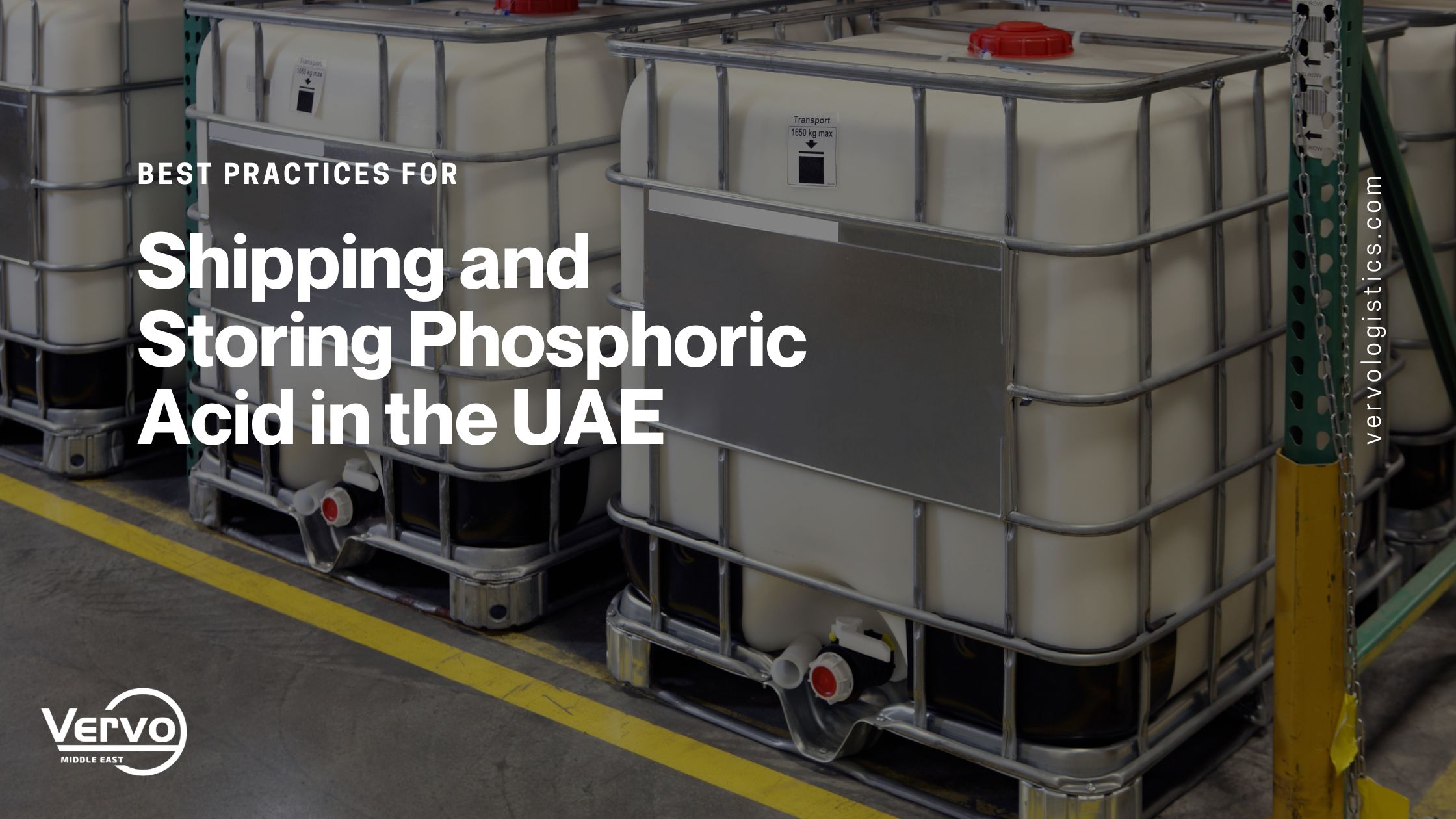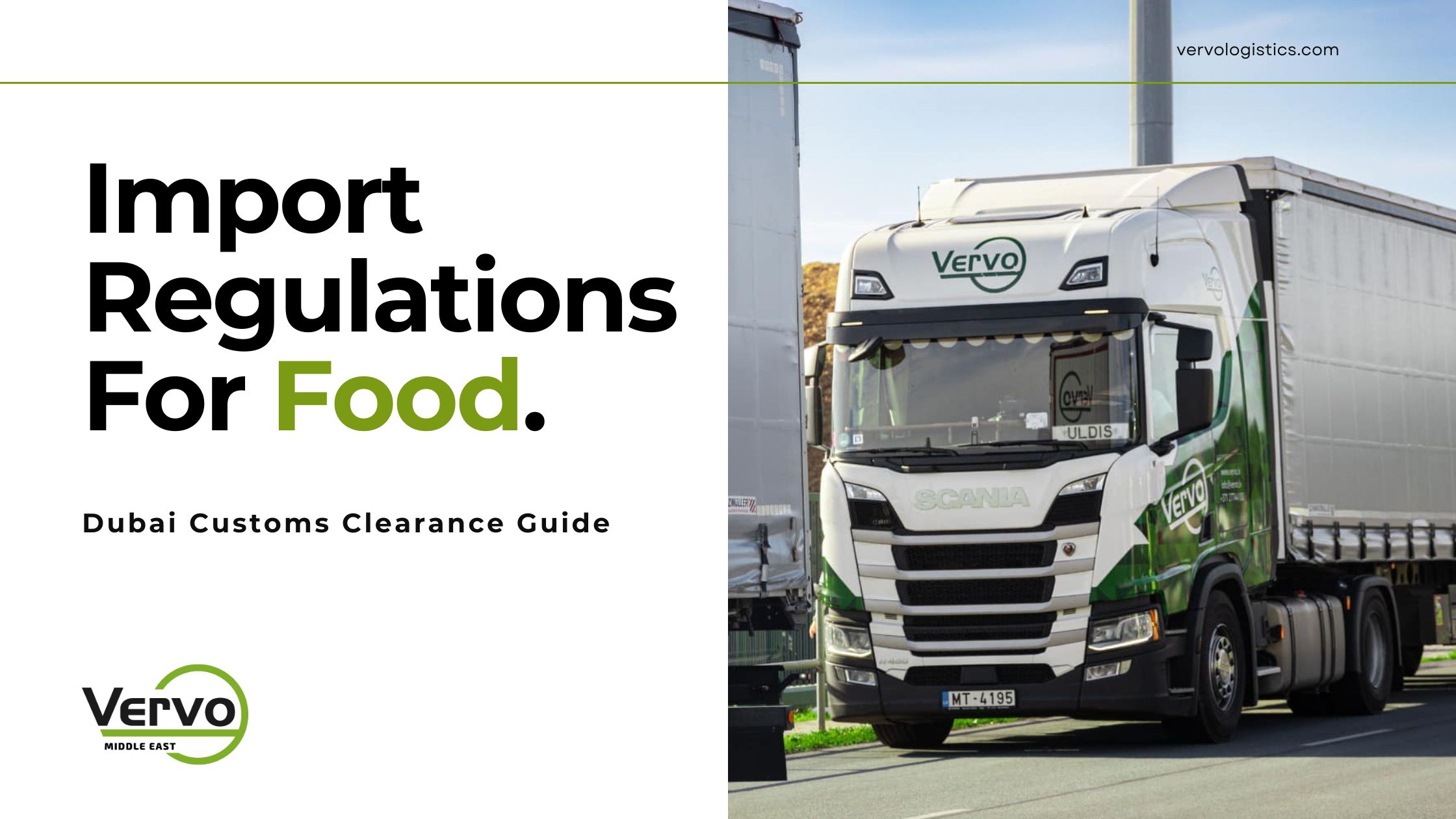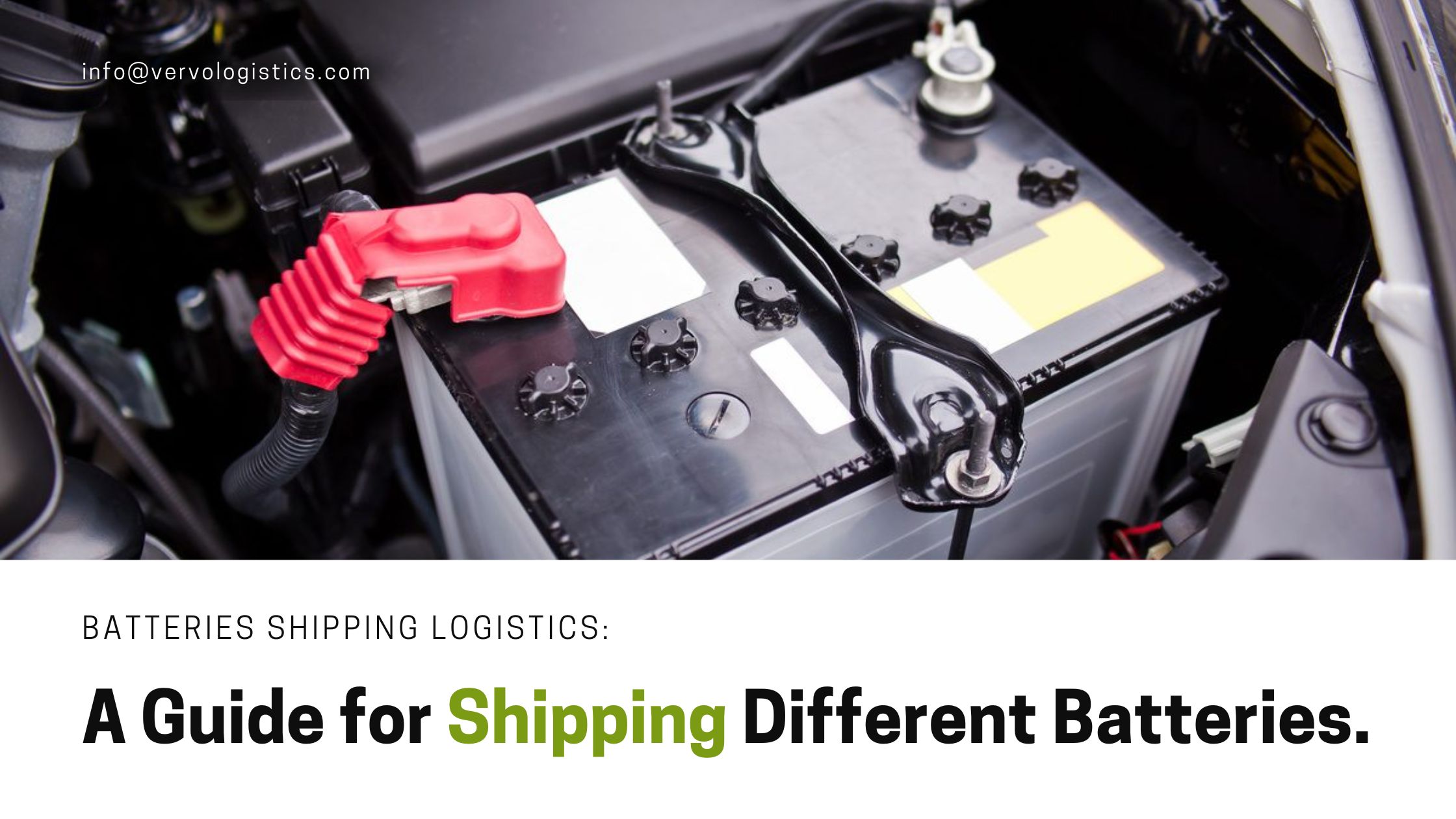Phosphoric acid is an inorganic chemical with numerous industrial applications. It is indispensable in sectors ranging from agriculture as a fertilizer component to the electronics realm as an etching and polishing agent for semiconductors.
Its uses extend to the food and beverage industry too, as a flavoring and acidity regulator, and into the manufacturing of detergents and even pharmaceuticals.
Given this widespread utility, phosphoric acid is one of the most highly produced inorganic acids globally. However, when improperly stored or transported, it can lead to costly leaks, spills, and serious injuries.
Phosphoric acid is corrosive to metals and human tissue, requiring careful containment. At higher concentrations, exposure can lead to severe burns. Strict adherence to established safety guidelines is essential.
As a leading provider of global shipping services with a strong presence in the UAE, the GCC region, and the EU, we understand the challenges of transporting hazardous materials like phosphoric acid. In this article, our logistics team explains the best practices for shipping and storing phosphoric acid in the UAE!
Phosphoric Acid: Safety And Legal Requirements in the UAE
Phosphoric acid is a restricted substance that holds the HS Code of 28092010. In the UAE, the regulation and control of hazardous materials, including phosphoric acid, are under the purview of the Federal Environmental Agency.
The UAE's stringent oversight begins with Federal Law No. 24 of 1999 for the Protection and Development of the Environment, which sets the groundwork for handling hazardous substances.
Under this law and its subsequent updates, entities must secure necessary permits and adhere to regulations that determine how phosphoric acid can be safely transported within the country's borders.
Phosphoric acid as a dangerous good is subject to other regulations of various federal laws in the UAE, including, but not limited to:
- Federal Law No. (39) of 1992
- Ministerial Decree No. (214) of 2004
- Federal Law No. (24) of 2006
- Federal Law No. (40) of 2006
- Federal Law No. (13) of 2007
- Federal Decree Law No. 17 of 2019
These regulations outline strict requirements for trading, importing, and shipping of phosphoric acid, from the proper documentation to packaging, labeling, penalties for noncompliance, and more. There are also restrictions on where and how phosphoric acid can be stored.
Global Shipping Regulations of Phosphoric Acid
At the international level, the movement of phosphoric acid by sea, air, or land is subject to an array of international standards. Shipping hazardous chemicals like phosphoric acid falls under the shipping guidelines of several regulatory bodies:
✅ The International Maritime Organization (IMO) dictates detailed guidelines for maritime transport through the International Maritime Dangerous Goods (IMDG) Code, which also regulates ocean freight of phosphoric acid.
✅ International Air Transport Association (IATA) for air cargo directs the proper classification and packaging of a Class 8 substance (corrosives). It must be properly packaged according to IATA Packing Instruction 813, which dictates the types of inner and outer packaging and the use of corrosion-resistant containers.
✅ On the road, the Agreement concerning the International Carriage of Dangerous Goods by Road (ADR) sets the standards for cross-border transportation of dangerous goods across land in participating countries, whether within or beyond the GCC.
Phosphoric Acid: Packing And Labeling Regulations
Specifically for phosphoric acid, legal requirements in the UAE cover everything from the inner composition of transport containers to the outer packaging.
1️⃣ Labels and placards must adhere to the Globally Harmonized System of Classification and Labeling of Chemicals (GHS), providing clear visual cues to handlers and emergency responders.
2️⃣ UN-certified packaging is mandatory. Labeling must clearly indicate the chemical identity, hazard class (Class 8—Corrosive), UN number (UN1805), and proper shipping name (Phosphoric Acid Solution), along with hazard and handling labels in both English and Arabic.
3️⃣ Failing to do the labeling properly as stated results in a penalty, which is a fine of at least 10,000 AED according to Federal Law No. (24) of 2006, Article 18.
4️⃣ Phosphoric acid must be contained in high-density polyethylene (HDPE) or other approved materials that resist corrosion and prevent leaks.
5️⃣ Transport vehicles, whether they are tankers or container ships, are outfitted to handle the chemical's reactive properties (emergency response information must be included, and vehicles must display hazard placards).
6️⃣ For the UAE, the required documentation for shipping and storing phosphoric acid includes a Material Safety Data Sheet (MSDS) that describes its chemical properties, risks, and handling requirements.
7️⃣ Also, a risk assessment and an emergency response plan are needed. Each of these documents must be readily accessible and updated regularly to reflect the most current safety information and procedures.
Phosphoric Acid: Storage Regulations
The UAE enforces specific criteria for storage locations to minimize risks as much as possible.
- Facilities must have proper ventilation, spill containment measures, fire suppression, and eye wash stations.
- Facilities are situated in areas where the potential impact on populations and ecosystems can be controlled.
- Phosphoric acid should not be stored near bases, acids, metals, oxidizers, organics, or any incompatible substances as defined by UAE regulations and the MSDS.
- Storage containers must be constructed of approved materials like rubber-lined steel, polyethylene, or fiberglass and be in good condition.
- The containers for storage require verification for structural integrity and resistance to environmental stressors.
- Regular tank inspections are compulsory.
Shipping and Logistics Services of Phosphoric Acid by Vervo Middle East
A tiny slip in any of these practices can actually break the bank, costing high penalties besides the potential hazards that not only affect your cargo but also the personnel and the environment at large.
That is why Vervo Middle East guarantees you strict compliance with all applicable regulations.
With a strong portfolio of more than 300,000 successful global shipments, we can help move and store phosphoric acid into the UAE and beyond in over 120 countries, all safely, conveniently, and cost-effectively.
Our highly trained teams of logistics specialists stay up-to-date on the latest requirements to provide fully compliant logistics services.
In addition to value-added logistics including cargo monitoring, full insurance coverage, warehousing, customs clearance, specialized deliveries, and more.
Call us today, and we will assist with navigating the regulatory landscape, importing, storing, and distributing your cargo while providing a seamless interface between regulatory adherence and your business needs, ensuring your operations proceed with precision and peace of mind.
Request your FREE customized quote today! Or reach out to our team via ☎️ +971508723352 | 📧




